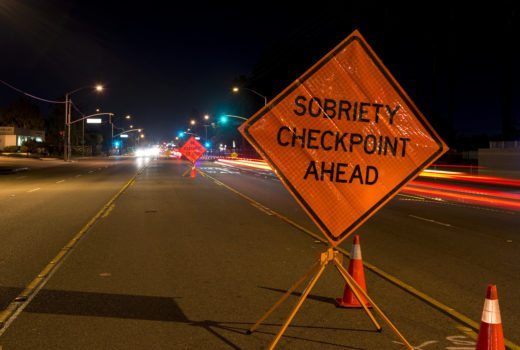
Having a felony conviction on your record can affect your life in ways you may not have anticipated. For example, it could have a serious impact on your career trajectory and your financial security, even if the crime was non-violent and had nothing to do with your line of work. Individuals who have been charged with a felony also lose certain rights in the state of Michigan. They may not possess a firearm, carry a concealed weapon, serve as a juror, acquire or maintain a Michigan gaming license to work in one of the state’s three casinos, or join the military. If you were arrested for driving under the influence, it goes without saying that there’s a lot at stake. Even if your crime is considered a misdemeanor, a conviction could still result in severe penalties. To discuss your case with a Grand Rapids criminal lawyer and determine the best way to proceed, turn to Gordon & Hess, PLC. Our attorneys have 30 years of combined experience representing clients throughout west Michigan. Call 616-369-7452 to schedule a consultation with a criminal defense attorney. When Is DUI a Felony in Michigan? In general, the classification of a DUI crime depends on the circumstances that led to the arrest, the defendant’s criminal history, and whether the incident involved serious injuries. If the suspect caused serious bodily injury or death while driving under the influence, he or she would face felony charges. An individual will also face felony DUI charges if it is his or her third incident within a seven-year period. What Are the Penalties for a DUI Conviction in Michigan? Michigan’s maximum penalties for a conviction depend on a variety of factors, including your blood alcohol concentration at the time of the arrest and your criminal history. If it is your first offense and the officer recorded your BAC as less than 0.17, you could face:
- A fine of between $100 and $500;
- Up to 93 days in jail;
- Up to 360 hours of community service;
- A 30-day license suspension followed by a 150-day restricted driving period;
- Possible vehicle immobilization;
- The installation of an ignition interlock device; and
- Six points on your driving record.
If it is your third offense, on the other hand, it is considered a felony, and you will face:
- A fine of between $500 and $5,000;
- Between one and five years in prison, or probation with between 30 days and one year in jail;
- Up to 180 days of community service;
- Driver’s license revocation and denial for at least one year if the three convictions occurred within 10 years or if two occurred within seven years;
- License plate confiscation; and
- Possible vehicle forfeiture.
The penalties for DUI felony charges following a collision that resulted in serious injuries or death are even more severe and include up to 15 years in prison and a fine of up to $10,000. Additionally, inebriated motorists who end up killing an emergency responder face up to 20 years in prison. Regardless of whether you are facing misdemeanor or felony charges, you should not take them lightly. At the end of the day, a conviction can have a resounding impact on many aspects of your life. If you are facing DUI charges in Michigan, contact Gordon & Hess, PLC for quality legal counsel. We will evaluate your case for any procedural errors or inconclusive lab results that could be used in your defense. Call 616-369-7452 to schedule a consultation with a criminal defense attorney in Grand Rapids. You can learn more about DUI defense strategies in Michigan by visiting USAttorneys.com.
